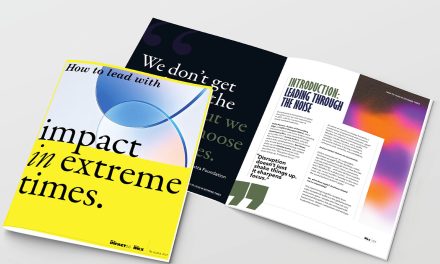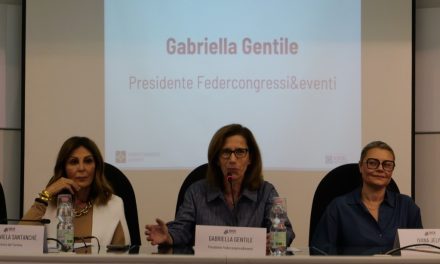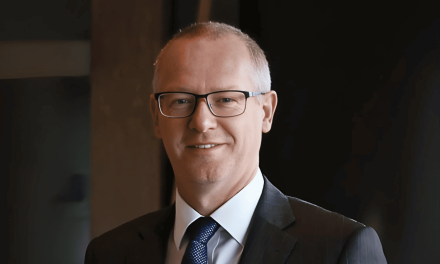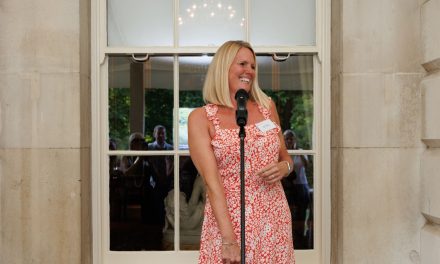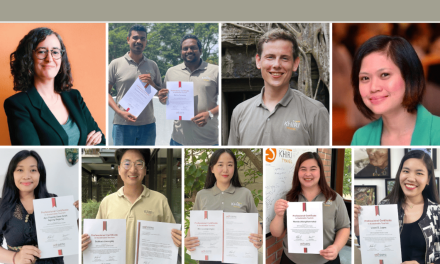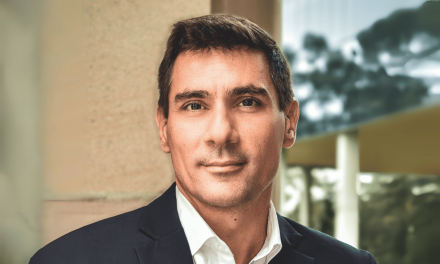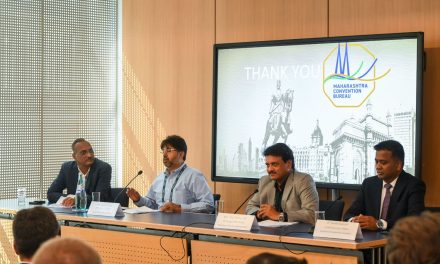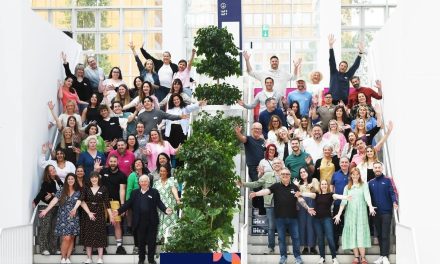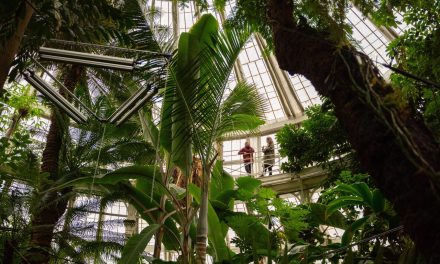CIM: In July you staged the 20th International Conference on Atomic Physics in Innsbruck. What interested the 880 researchers most?
Prof. Blatt: ICAP is a series of conferences that deals with the latest developments in the field of atomic physics. This includes many new fields of research that originated in atomic physics such as the large field of physics with cold atoms and molecules.
How to explain this topic to the public?
Atomic and quantum physics are particularly interesting for non-scientists and can be communicated in a hands-on manner, since, for example, everyday objects like lasers, atomic clocks, GPS were developed with the help of its technologies. It’s very important to make it clear to the interested public and non-scientists to what extent basic research can decisively boost technological progress and has already done so.
The programme ended with a public lecture by Nobel laureate Phillips. Why?
Even long before winning the Nobel Prize William Phillips has been a good friend of the scientists in Innsbruck. So we knew of his special talent for public lectures, and we benefited from it to make modern atomic physics more accessible to the public at large. He has a unique gift of conveying this topic in a captivating way and, with his own fascination, he gets many people interested who think atomic physics is a rather weird science.
How did the 1,500 Innsbruckers react?
The large hall at Congress Innsbruck was packed, every seat taken; the audience was fascinated and enraptured. Phillips managed to communicate things that are not at all simple in very plain terms and gave a thrilling account of modern technologies and findings of atomic physics. He captivated children and adults alike and fascinated them with “dry science”.
Should scientists be more open?
Scientists need to take responsibility towards a wide public, i.e. they need to be understandable. As scientists, we must be able to communicate to a non-scientific audience why we are doing the things we engage in our laboratories. This is normally a very difficult task and not as successful as it could be. It will always be necessary, in this context to seek and use professional support.
Thank you very much for the interview, Prof. Blatt!


